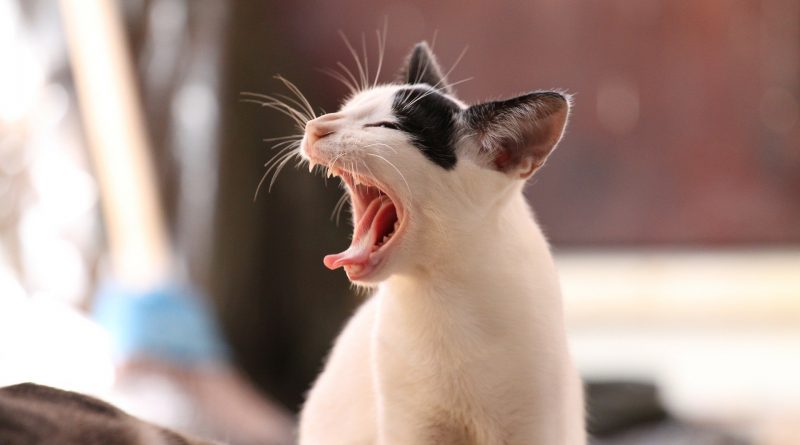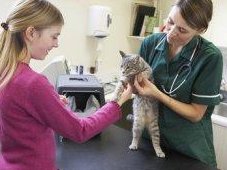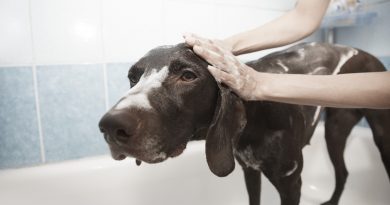Cat Health: What’s Normal and What Isn’t?

If you have any concerns about your cat’s health, of course, you’ll want to discuss them with your vet right away. It’s a good idea to write any concerns you might have so that you can discuss them with your vet at your next appointment. To help you determine what’s normal and what may require attention, check out the lists below.
Eyes
Your cat’s eyes should always be clear and bright. There should not be any discharge from the eyes. Clear discharge could indicate allergies, while yellow or green discharge may indicate an infection.
Ears
Your cat’s ears should be free of discharge, dirt, and debris. Odor, redness, and excessive debris could indicate an infection, mites, or another issue. Untreated ear infections are extremely painful and could cause deafness, so be sure to contact your vet if you notice any abnormalities.
Mouth
A healthy cat’s mouth should smell fresh and its gums should be pink. His teeth should be free of plaque and tartar. Sores or growths on the mouth or lips should be addressed right away.
Coat
Your cat’s coat should be clean, shiny, and free of matts.
Weight
Be honest with yourself! Could your cat stand to lose a little weight? If you’re not sure, ask your vet and adjust his food and activity level accordingly.
Litter Box Habits
Any changes in your cat’s litter box habits should be noted and discussed with the vet. This includes increased or decreased frequency or a change in the consistency of urine or stool.
What’s Not Normal for a Healthy Cat
The following items are not normal for a healthy cat and should be reported to the vet right away.
- Diarrhea: Issues like viruses, parasites, bacteria, toxic substances, and stress can all cause diarrhea in cats. If this issue goes on for more than 24 hours, you notice blood in the stool, or the stools are excessive, call the vet.
- Constipation: Constipation can also be caused by a number of issues, including a life-threatening intestinal blockage. Call the vet if you notice your cat straining to relieve himself
- Vomiting: Although most cats will vomit occasionally, if the vomiting becomes frequent or excessive, call the vet. If the vomit contains blood or your cat seems to be in pain, the situation requires emergency attention.
- Abnormal Urination: Blood in the urine or straining to urinate could indicate a blockage or infection and requires immediate attention.













